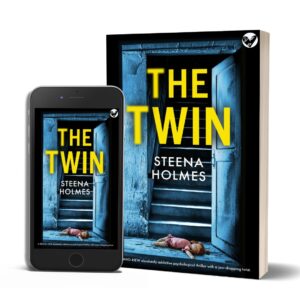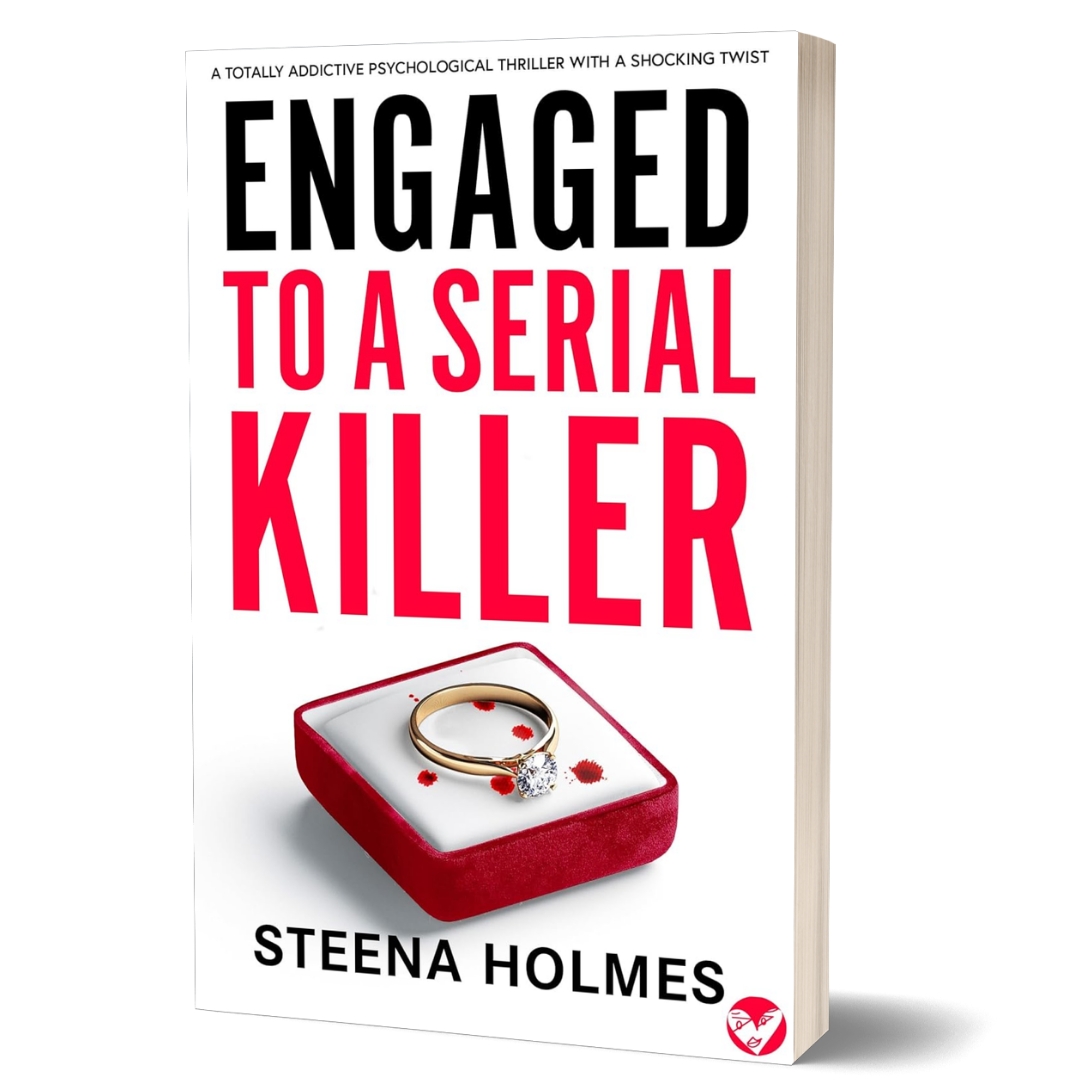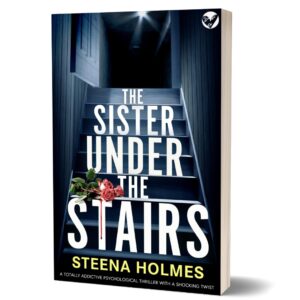As readers, we want to connect with the story that we are reading. Whether it’s the connection between us and the characters, or the setting or even the story line – we need to be connected before we can enjoy the book. We need to be able to put ourselves in that story and see it – feel it – experience it for ourselves. For instance – I’m reading a book by Diane Capri – Don’t Know Jack. I’ve been trying to find a book to immerse myself in and normally I like to read books in the genre that I’m writing – but this time it’s different.
From the very first page I felt connected to the the character and the story. I was drawn in. Not because I understand what it’s like to be an FBI agent but because I know what it’s like to be woken up at 3am from a deep sleep and left feeling disoriented. The author hooked me from the get go by delivering up an emotion I can understand.
Now – as writers – we tend to get bogged down in this. We know that our books need to leave an emotional impact. We know that our characters want to connect on that level – but we sometimes struggle with it. After all – it’s easy to watch a scene in a movie and get the emotional impact – but how do you write it? How do you write the emotions surging within ones body when they first see a dead body? How do you share the breakdown your character is experiencing when they get the news that their husband is dead or wants a divorce? How do you recreate a scene where your character believes she’s lost her daughter – all over again? The despair? The fear? The hysteria?
We need the emotion to be real, don’t we? But how can we write it if we’ve never experienced it? In Finding Emma I’ve had so many readers email me asking if this story was written from experience. I’m thankful to say no – I’ve never experienced the horror of having a child taken from me. But I have experienced the paralyzing fear when I look around the grocery store and realize my youngest daughter wasn’t there beside me, or the hysteria after I hang up the phone from my middle daughter when she calls me to say she was followed to school. I can use those emotions to help guide me.
It’s not easy, though. If it were – there would be more bestselling books out there and more authors making a living from their passion. I love The Emotional Thesaurus and why I’m so grateful to have their help when it comes to strengthening our scenes. Right now I’m in the middle of writing a scene for Emma’s Secret – where Megan thinks she’s lost Emma again. They are at the beach – a beautiful summer day where the seagulls fill the air with their annoying caws as they swoop down to snag a stray french fry, where the water caressed the beach as the tide comes in and where the screams and laughter of little children as they play in the sand can sometimes to be overpowering. Once again – one minute Emma is there playing in the sand, building a sand castle with her big sister and the next minute she’s gone. While I think about the scene I can literally feel Megan’s fear build up inside of her – but my goal isn’t to just feel it – I need my readers to experience it as well. So guess what I do? I open The Emotional Thesaurus on my iPad and use it to help me find the right words.
What about you? As a reader – do you agree the you need to feel that emotional connection to the story or does that not matter? And what about as a writer? Do you struggle with using the right words to convey exactly what you’re trying to say?
Don’t forget – we have the emotional workshop going on! Send in your first 2 pages and have the authors of The Emotional Thesaurus help you strengthen your scene. More details are here!




If I can’t relate to the character I usually don’t like the book and seldome finish it. I love characters who are real and who are full of the emotions that I would normally feel in different situations. These people, I can relate to.
I’m looking forward to getting the Emotion Thesaurus and I will email you 2 pages from one of the scenes in a book I’m writing. Thank you for your excellent advice.
Steena, if there’s no emotional connection, I end up closing the book and never finishing it. Relating to the characters and feeling what they’re feeling is a huge part of the reading experience … Maybe even the best part. 🙂
I’m with you Sheila – I need that connection right from the very beginning!